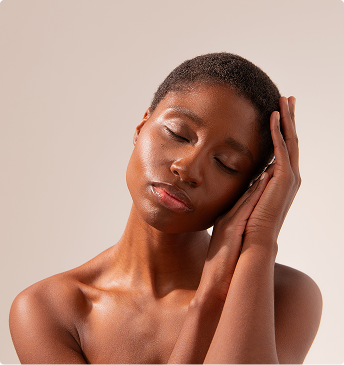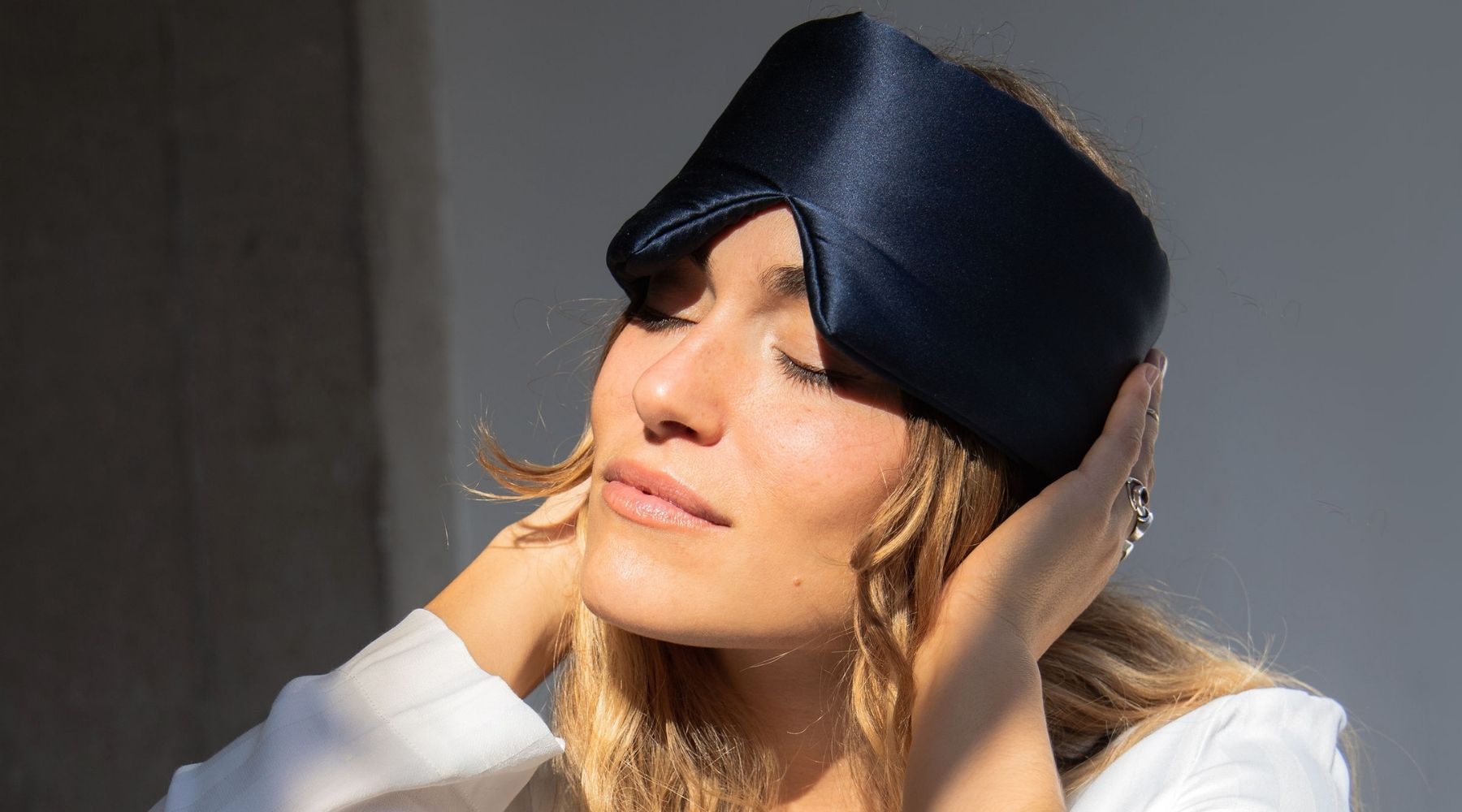Food for thought
The go-to foods to ensure a good night’s sleep and those to avoid
Food and sleep. Besides air and water, they are the most essential things we humans need to live. But the two are not always happy bedfellows. While certain foods can help you drift off peacefully, others can leave you tossing and turning.
So, in order to nourish your body and mind with a good night’s sleep, it’s worth being mindful about what you are eating as bedtime draws near.
Here are some of the foods you should avoid at all costs before tucking yourself in for the night and those you can happily indulge in if you want to transform the quality of your sleep and improve your circadian rhythms.
The no no’s
- Takeaways
While getting a late-night takeaway may feel like an indulgent treat, foods that are high in fat and stodgy carbs can take a long time to digest, and that diminishes sleep quality. Fast foods like pizzas or cheeseburgers are the worst offenders as they also contain cheese and hard-to-digest processed meats. And watch out for those sneaky curries, as all that spice can wreak havoc on your digestive system and your sleep too.
- Sugar
Sugar causes our insulin levels to spike, which can significantly impact the quality of our sleep. Sadly sugar is contained in so many foods that it can be hard to avoid, but be particularly careful not to eat cakes, biscuits, cookies, sweets, ice cream, chocolate or other desserts before bed.
- Caffeine
We all know that having a double espresso just before bed will not help us drift off peacefully, but what about foods that have caffeine in them? And we are not just talking about a slice of coffee cake or tiramisu. Foods like chocolate also have hidden caffeine in them.
- Cheese
Did anyone ever tell you that eating cheese before bed can give you nightmares? While there’s no hard evidence to prove that’s the case, there are other reasons not to eat cheese before bedtime. Aged cheeses like cheddar, gouda and Manchego contain something called tyramine, an amino acid that stimulates the brain and adrenal glands, triggering the fight or flight response. Not exactly what you want when you are trying to settle down for the night. Other foods that contain tyramine include preserved meats, soy sauce, kimchi, pickled foods, citrus fruits and red wine.
- Spicy foods
If you love a bit of spice, then beware, hot spicy foods containing capsaicin can affect sleep for a number of reasons. Firstly they can cause heartburn, and secondly, they can raise your body temperature, which is the opposite of what you want when you are trying to get to sleep. Our body temperature usually reduces before bed, but hot foods interfere with that thermoregulation process.
- Fibrous foods
While fibrous foods may be good for us in other ways, these hard-to-digest food items can actually make it difficult to sleep if you eat them too close to bedtime. This includes otherwise healthy foods such as beans and high fibre fruits and vegetables like broccoli, apples and cauliflower.
- Salt
Not only does salt dehydrate you, causing you to feel groggy the next day, but salty foods like crisps and nuts have been shown to disturb sleep and cause people to wake up several times in the night.
The sleep saviours
- Magnesium-containing foods
Magnesium is an important nutrient at bedtime because it helps you relax. Magnesium’s functions include regulating muscle and nerve function and blood sugar. Foods containing magnesium include leafy green vegetables, low-fat milk and yoghurt, bananas, dried beans and legumes and (unsalted) nuts such as almonds and cashews.
- Cherries
Cherries contain melatonin, a hormone released by the pineal gland at night associated with the sleep-wake cycle. This makes cherries an ideal healthy snack in the evening as they can boost those natural levels, which can be suppressed by blue light-emitting devices such as our smartphones.
- Tryptophan
The amino acid tryptophan is found in several foods, including canned tuna, nuts and seeds, turkey and chicken, oats and whole milk. Several studies have shown that increasing tryptophan in the diet can improve sleep by increasing melatonin.
- Honey
A mug of warm water and honey could be just the ticket to help you sleep. But not the sugar syrup kind. We are talking about raw honey, which stimulates melatonin and helps induce restful sleep.
- Oily fish
Oily fish such as salmon, mackerel and trout have a number of health benefits. They contain omega-3 fatty acids and vitamin D, which have been shown to increase serotonin production and may help you fall asleep faster.
- Kiwi
Another serotonin-inducing food thought to help with sleep is kiwi. In one study, people who ate two kiwis one hour before bedtime found that they fell asleep faster, slept more, and had better sleep quality (https://pubmed.ncbi.nlm.nih.gov/21669584/ https://www.sleepfoundation.org/nutrition/food-and-drink-promote-good-nights-sleep)
Whatever you are eating, it’s good to be mindful about the amount and time you are having it, if restful sleep is your goal. While going to bed hungry isn’t a good idea, going to bed with a belly full is equally bad for you.
Eating too late or eating large portions can impact sleep as your body will still be converting food into energy at bedtime. As such, it’s recommended that you avoid eating three hours before bed.
On the other hand, if your stomach is grumbling, make sure you eat something before your body starts to wind down for the night. That way, you can avoid crashing blood sugar levels by going to bed on an empty stomach.
Let’s face it many of us struggle not to eat three hours before bed, but if you are having dinner later or snacking in the evening, it doesn’t have to ruin your sleep. By making different choices, we can help not only our sleep patterns but our waistlines too.
Need an extra hand getting off to sleep? Our silky soft sleep mask can help block out any light, and our luxurious Sleep SOS Pillow Spray can help calm your senses with delicious smelling natural oil blends designed to trigger the olfactory sensors in the brain that help promote deep and restful sleep.






